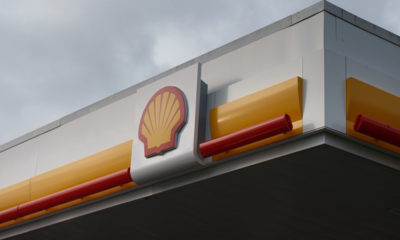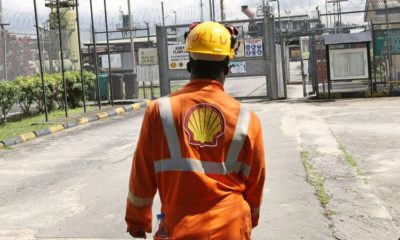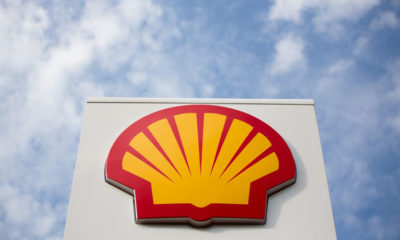Since the Royal Dutch Shell Petroleum Development Company (SPDC) exited Ogoniland, Rivers State, in 1993, Nigeria has suffered a total loss of $178.85 billion or N72 trillion.
Members of the Movement for Survival of the Ogoni People (MOSOP) disclosed this on Wednesday in Port Harcourt. The group blamed the federal government for mismanagement of funds, resources and the ensuing violence since the company’s exit from the land.
Shell, which began operation in Ogoniland in 1958, revealed that it drilled 96 wells to bring nine oil fields onstream. By the end of 1992, oil production from the region stood at 28,000 barrels of oil a day, about 3% of SPDC’s total production.
Sadly, the yield in production did not match the development of Ogoniland as its people suffered extreme oil pollution both on land and water.
However, after years of campaigning for greater control over oil and gas resources in the region to aid economic development and autonomy of their affairs, (including cultural, religious and environmental matters), MOSOP demanded that the petroleum company leave its land. Since then, SPDC no longer produced oil or gas from Ogoni fields. Nevertheless, Ogoni land continued to serve as a transit route for pipelines, transportation of both SPDC and third-party oil production from surrounding areas.
In his statement, while addressing the MOSOP Congress in Bera, Gokana Local Government Area of the state, factional head of the Ogoniland group, Fegalo Nsuke, stressed that the $178.85 billion loss in Nigeria’s revenue was from “oil revenue alone”.
According to him, the loss Nigeria has however procured from gas “are inestimable due to non-availability of statistical evidence,” and that Ogoni gas potentials and revenue generation capacity far exceeded that of its oil.
Nsuke gave further details saying that “Ogoni oil production stood at 350,000 barrels per day before the exit of Shell in 1993. At an estimated average $50 per barrel, Nigeria has lost some $178.85 billion for mismanagement of the Ogoni crisis”. He clarified that this fact is based on available evidence from the oil industry.
Blaming the government for mismanagement of the crisis in Ogoniland, Nsuke said that the government, “Rather than listen and engage with the people… opted for a repressive approach of killing, maiming and torturing, thus exacerbated and prolonged the conflicts.”
The group further appealed to the government “to accept the offers by MOSOP for implementation of an Ogoni Development Authority to pave way for peaceful resolution of the conflict. The continual delay by relevant agencies of government to accept the Ogoni demands and reach a deal with the Ogoni people does not only amount to economic sabotage but represents a threat to the security of the country.
“Money runs the government and so when those in government fail to take advantage of opportunities to resolve issues that affect the national economy, it does not only amount to sabotaging the economy but is also a threat to national security.
“The inability of decision makers to peacefully resolve the Ogoni crises in over 28 years leading to the loss of over $178 billion amounts to sabotaging the economy and national security,” he added.
The group factional leader further assured the Ogonis of MOSOP’s commitment to Ogoniland’s development, urging them to remain peaceful as the leadership of the movement, still committed, will continue to push forward the proposals for a peaceful resolution of the conflicts and the vision of the struggle.

 Forex3 weeks ago
Forex3 weeks ago


 Naira2 weeks ago
Naira2 weeks ago
 Billionaire Watch2 weeks ago
Billionaire Watch2 weeks ago




 Naira2 weeks ago
Naira2 weeks ago




 Naira2 weeks ago
Naira2 weeks ago




 Naira1 week ago
Naira1 week ago




 Naira4 weeks ago
Naira4 weeks ago




 Naira3 weeks ago
Naira3 weeks ago
















